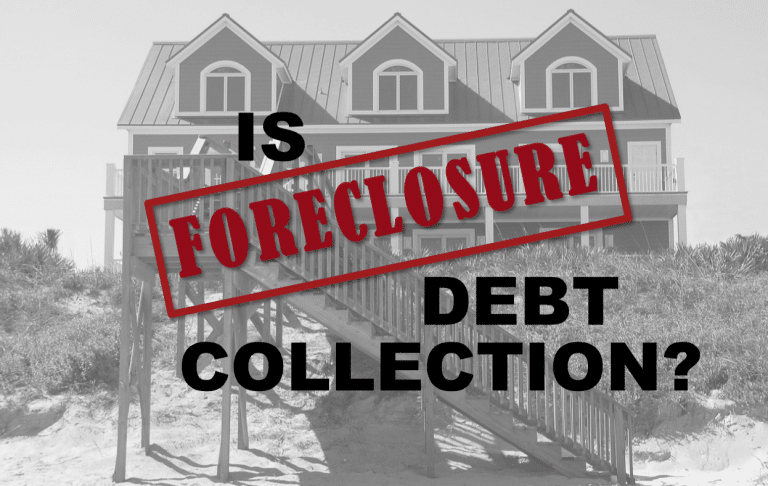Updated on August 3, 2022
Recently the Ninth Circuit Court of Appeal shed some light on homeowners/mortgagors who, pursuant to the federal Fair Debt Collection Practices Act (“FDCPA”), sue foreclosing lenders for unlawful debt collection. Although the Ninth Circuit has definitively decided on this matter, unfortunately, case law is still unsettled for these types of actions.
For now, litigants in state courts can refer to the Ninth Circuit’s decision as good persuasive authority. In Ho v. ReconTrust Company, NA, Judge Kozkinski held that under the FDCPA merely enforcing a security interest is not “debt collection.” (Ho v. ReconTrust Company, NA (2016) 840 F.3d 618, 624.) However, even though the Ninth Circuit has taken a view on this issue, other circuits disagree. (See Wilson v. Draper & Goldberg PLLC, 443 F.3d 373, 378-79 (4th Cir. 2006); Glazer v. Chase Home Finance LLC, 704 F.3d 453, 461 (6th Cir. 2013).) Thus, there is a circuit-split of opinion and perhaps the Supreme Court will settle this issue in the near future.
Background of the Case
Ninth Circuit’s Opinion
Furthermore, “the object of a nonjudicial foreclosure is to retake and resell the security, not to collect money from the borrower. California law does not allow for a deficiency judgment following non-judicial foreclosure.” (Id. at 621.) Lastly, there is the inescapable truth that the notices complained of are required by California law prior to exercising the right to non-judicial foreclosure sale. (Id. at 622.) Based on this analysis, the Ninth Circuit held that enforcing a security interest is not debt collection under the FDCPA.
Accordingly, for now, until the Supreme Court rules on the matter, moving forward this opinion serves as good persuasive authority.
If you need help with a real estate dispute, you can call Schorr Law at (310) 954-1877, email us at info@schorrlaw.test2.redblink.net, or simply fill out our Contact Form.
